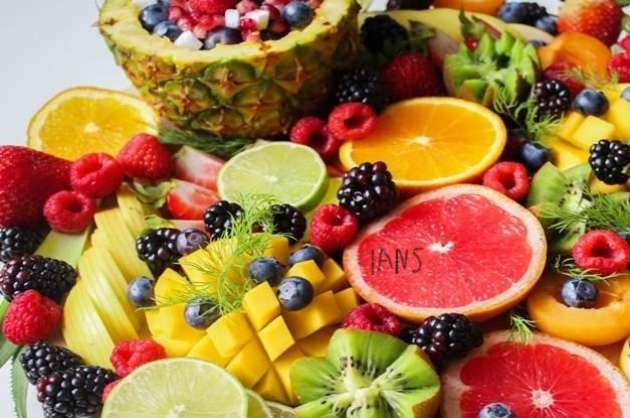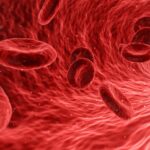Anupama Nair
Being a mother is the dream of every woman. However motherhood is a testing phase in every women’s life be it be physiologically, mentally as well as nutritionally. If you are pregnant or someone in your family is expecting a baby, make sure that they eat well. Additional food and extra attention is required during pregnancy and after you deliver too. Nutritional food is necessary for the baby in the womb. Additional foods are required to improve the weight gain in pregnancy (generally 10-12 kgs) and birth weight of infants (about 2.5kgs-3kgs). The nutritional requirement of a pregnant woman keeps changing depending upon the various trimesters of pregnancy. In some cases, micro-nutrients like folic acid, and iron tablets are specially needed in extra amounts to reduce the risk of mal-formations in the baby and increase birth weight of baby and to prevent anemia in expecting mothers.
An extra intake of Calcium is required, during pregnancy and lactation phase, for proper formation of bones and teeth of the baby, for secretion of breast-milk which is rich in calcium and to prevent osteoporosis in the expecting and lactating mothers. Therefore, the diet should contain calcium-rich foods such as milk, yogurt, cheese, green leafy vegetables, legumes and seafood. Vitamin A is required during lactation to improve the survival of the baby. Apart from these, nutrients like Vitamin B12 and C are also necessary for the lactating mother.
Iron is needed for hemoglobin synthesis, and to provide immunity against diseases. Deficiency of iron leads to anemia. Iron deficiency is common particularly in women of reproductive age and children. Iron deficiency during pregnancy increases maternal mortality and low birth weight infants. Green leafy vegetables, legumes and dry fruits contain iron. Iron can also obtained through sources like meat, fish and poultry products. Eat more vitamin C-rich fruits like gooseberries (amla), guava, oranges and citrus-rich fruits for better absorption of iron from your diet. Iodine deficiency during pregnancy results in still births, abortions and cretinism therefore use iodized salt in your diet.
It’s important for a pregnant mother to maintain the health of the fetus as well as her own health, to provide strength required during labor, and for successful lactation. Make sure that the diet taken during pregnancy is light, nutritious, easy to digest and rich in all essential nutrients.
- Eat more food during pregnancy both in quality and quantity.
- Eat more whole grains, sprouted grams and fermented foods.
- Eat plenty of fruits and green leafy vegetables.
- Do not consume alcohol and tobacco. It is harmful for the health of mother as well as child.
- Take medicines only when prescribed by doctor.
- Take iron, folate and calcium supplements regularly as prescribed by the doctor.
- Green leafy vegetables, legumes, nuts and liver are good sources of folic acid.
Healthy food consumed during pregnancy will ensure the mother and child are healthy, if fact future of our country depends on it.




























